Close
Log In using Email
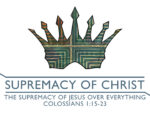
The Supremacy Of Christ: The Supremacy Of Jesus Over Everything
Notes
Series Summary
Paul's letter to the Colossians is a brief letter, only 95 verses long, but very significant in impact. Perhaps the most central theme of this short letter is the supremacy of Christ. Paul describes why Christ is sufficient, and what dangers lie in placing our trust in anyone or anything else. In Colossians, Paul emphasizes the supremacy of Christ in several ways: Jesus is our Creator and our sustainer. Jesus brings redemption and reconciliation. He holds all authority, and is the source of all wisdom and knowledge. And Jesus offers us freedom. For the Colossians, who lived in a culture dependent upon the power of Rome, Paul's letter showed them how to trust Christ against the flow of their culture. For believers today, Colossians does much the same thing. We can hold fast to Jesus, in spite of the pushback our culture gives. We can stand strong, leaning on his strength, and not our own. And we can grow in our faith and maturity, standing firm on the authority of Christ in our lives. In our world filled with diverse beliefs and philosophies, Christ's supremacy provides believers with a clear foundation for faith. It ensures that we remain anchored in the unchanging truth of Christ's lordship over everything. This provides hope and assurance, knowing that the one who created and sustains the universe is also the one who redeems and reconciles us to God. This assurance is vital in times of doubt and uncertainty. As the church, Colossians gives us a solid basis for unity. Christ's headship over the church reminds us that we are part of something much larger than just ourselves, and that we must work together to present Jesus to the world, and to prevent the influences of the enemy from taking root in our lives, helping us to "walk in a manner worthy of the Lord, fully pleasing to him" (Colossians 1:10).Sermon Summary
As Paul begins to provide direction and wisdom and insight to the Colossian believers, he starts off by describing the most important thing that they need to know: they need to grasp who Jesus is and his position of supremacy over everything. So, after his introductory remarks in the first 14 verses of chapter 1, Paul moves into a section that describes at least ten truths about Jesus in quick succession. In a very brief span, Paul fires off these truths, and in doing so, provides one of the most comprehensive descriptions of Jesus in the entire New Testament. Before he finishes, he then compares our sinful status, one of alienation and hostility and evil. Compared to Jesus, we have nothing... we are nothing. But the good news that Paul shares here is that Jesus came to make us something – something that we cannot make of ourselves on our own: reconciled. The Good News is that Jesus is everything, and he makes a way for us to be united with him in that. So what is it most necessary for us to know? Jesus. Who he is. What he has done. And what that means for every single other area of our lives.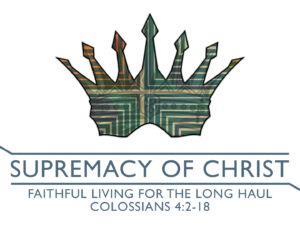
The Supremacy Of Christ: Faithful Living For The Long Haul
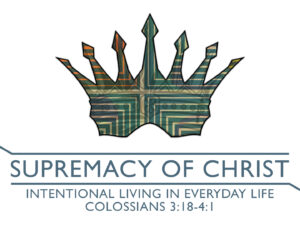
The Supremacy Of Christ: Intentional Living In Everyday Life
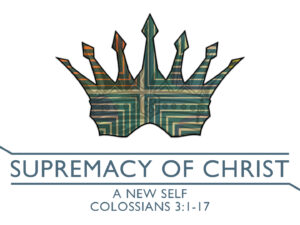
The Supremacy Of Christ: A New Self
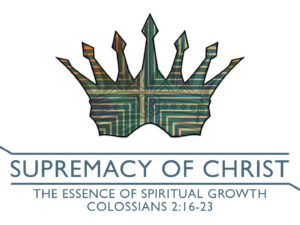
The Supremacy Of Christ: The Essence Of Spiritual Growth
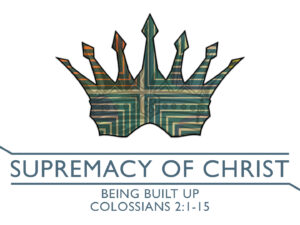
The Supremacy Of Christ: Being Built Up
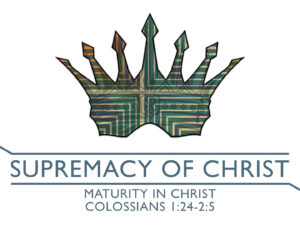
The Supremacy Of Christ: Maturity In Christ
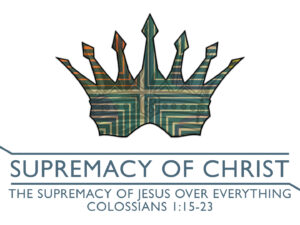
The Supremacy Of Christ: The Supremacy Of Jesus Over Everything
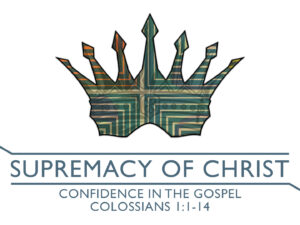
The Supremacy Of Christ: Confidence In The Gospel
